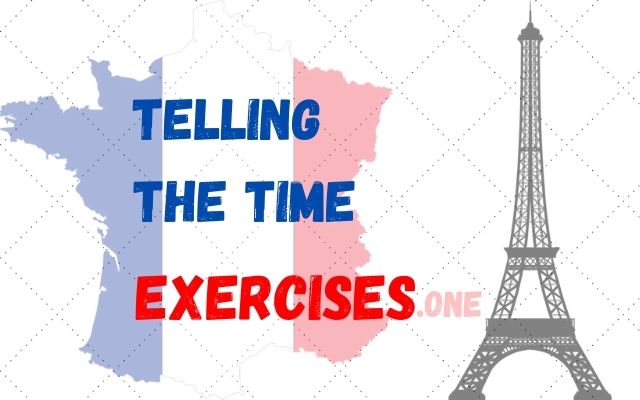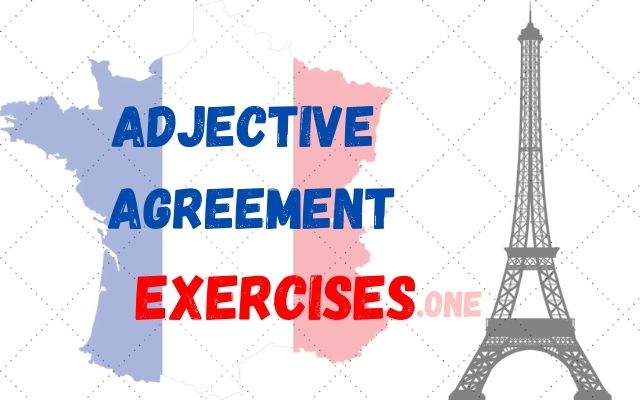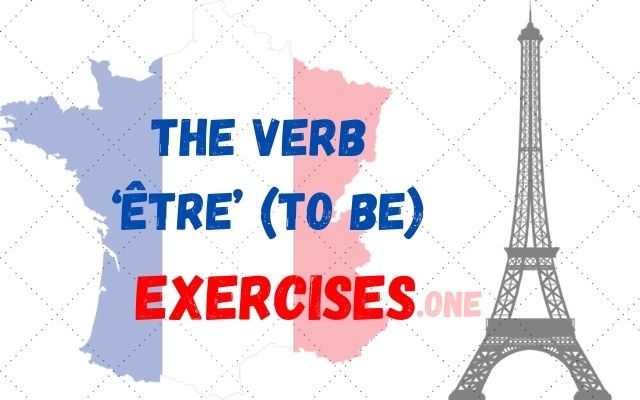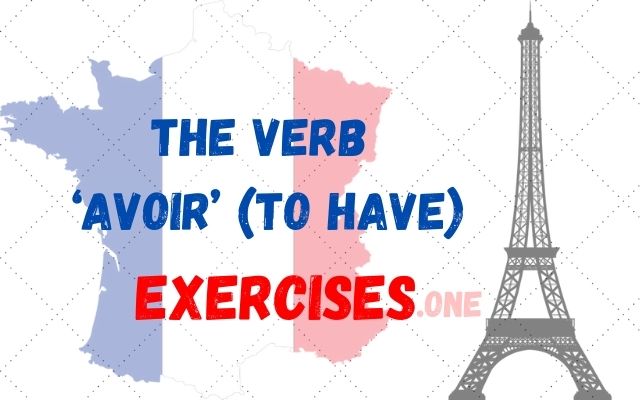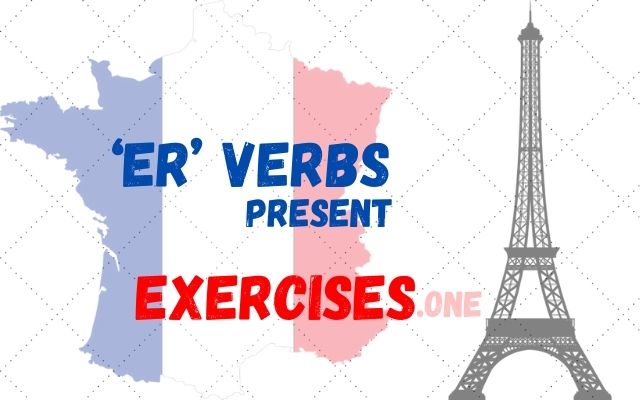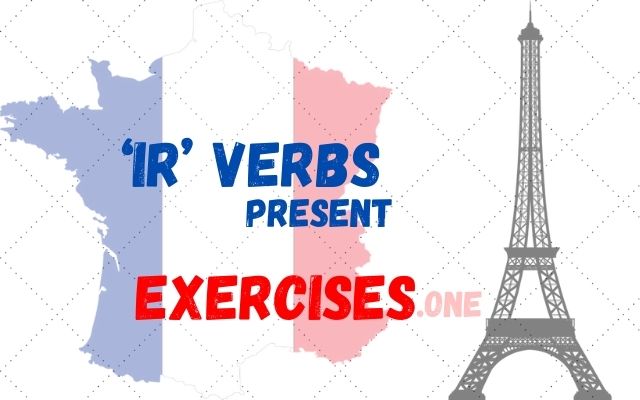
Subject pronouns (I, you, he, she, we, they) are often used to avoid repetitions.
- Marie est belle. Marie est aussi gentille. – Marie is beautiful. Marie is also nice.
- Marie est belle. Elle est aussi gentille. – Marie is beautiful. She is also nice.
They indicate who is doing the action and influence the conjugation of the verb accompanying them.
Let’s have a closer look…
► je = I
► tu = you
‘Tu’ is used in informal situations when talking to one person.
► il = he
► elle = she
► on = we
‘On’ is slightly more informal and commonly used than ‘nous’ especially in conversations.
► nous = we
‘Nous’ is slightly more formal than ‘on’. Although you can use ‘nous’ in conversations, even if ‘on’ is more widely used. You are probably more likely to find ‘nous’ in literary work.
► vous = you
‘vous’ is used in formal situations when talking to one person or in informal situations when talking to two people or more.
► ils = they
‘ils’ is used when talking about a group of boys/men or a mixed group.
► elles = they
‘elles’ is used exclusively when talking about a group of girls/women.

Conjugation
Subject pronouns influence the conjugation of the verb accompanying them. If you are not sure about the ending of a verb because you are using name(s) or noun(s) instead of pronouns, replace the subject of the action by the appropriate subject pronoun.
Examples:
Marie et Sophie (aime or aiment ?) aller à la piscine.
– Marie and Sophie like going swimming.
‘Marie et Sophie’ could be replaced by ‘elles’. With regular ‘er’ verbs, the appropriate ending is ‘ent’ with ‘elles’ after dropping the ending of the infinitive.
– Marie et Sophie aiment aller à la piscine.
Mon oncle Christophe (joue or joues ?) de la guitare et du violon.
– My uncle Christophe plays guitar and violin.
‘Mon oncle’ could be replaced by ‘il’. With regular ‘er’ verbs, the appropriate ending is ‘e’ with ‘il’, ‘elle’ and ‘on’ after dropping the ending of the infinitive.
– Mon oncle Christophe joue de la guitare et du violon.

Exercises…


